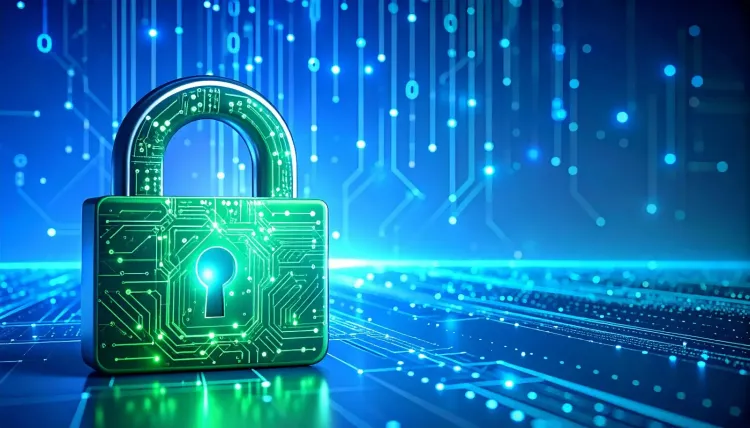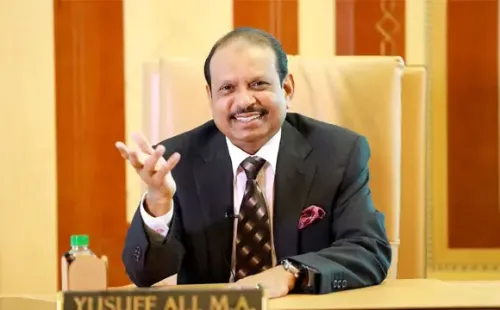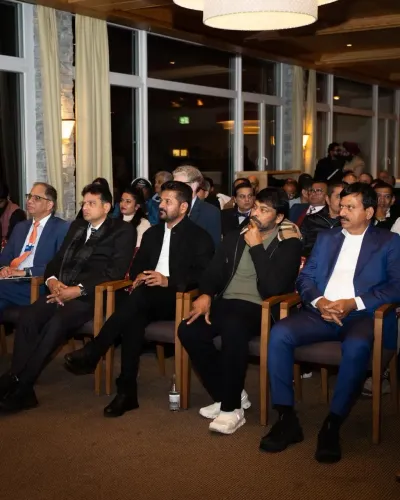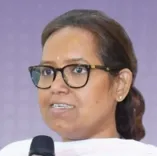Does COAI Support the DPDP Rules? Seeking Clarity and Compliance!

Synopsis
Key Takeaways
- COAI hails DPDP Rules as a crucial step in data protection.
- Clarifications on compliance measures are essential.
- Security compliance in telecom is resource-intensive.
- Proposals for minor exemption in SIM acquisition are made.
- India aligns with global data protection practices.
New Delhi, Nov 27 (NationPress) The Cellular Operators Association of India (COAI) on Thursday hailed the Digital Personal Data Protection Rules, 2025, as a significant step in implementing the nation’s data protection framework, yet emphasized the need for clarity in various regulations and compliance measures tailored to the sector.
“The Rules introduce a purpose-limited, notice-and-consent-based model with specific reporting deadlines, extensive fiduciary responsibility, and restricted exemptions. With this, India aligns itself with other countries that have a thorough data protection structure, safeguarding citizens' data rights,” stated Dr. S.P. Kochhar, Director General of COAI.
The industry association also highlighted ongoing concerns from public consultations, such as the criteria for a security compliance framework, age verification processes for obtaining consent from minors, and DPIA responsibilities for Significant Data Fiduciaries (SDF).
Moreover, COAI called for clearer definitions regarding “purpose limitation” and “legitimate use,” the operational facets of multilingual consent, obligations for breach notifications, and the role of consent managers along with a need for alignment with sector-specific laws.
On security compliance, COAI pointed out that the existing framework within the telecom sector is comprehensive and resource-demanding.
They urged that the Data Protection Board should implement a balanced, risk-oriented approach in accordance with global best practices that are in line with established telecom security standards.
Regarding the mandatory notification for data breaches, COAI suggested a proportional reporting model akin to those seen in Japan and certain EU countries.
From a sectoral viewpoint, well-established network and system security measures currently in place by telecom providers diminish the risk of unauthorized access, data theft, or misuse of personal information, as noted in the release.
COAI proposed a practical exemption for individuals aged 16-18 concerning SIM acquisition, arguing that obtaining verifiable consent from users under 18 poses challenges and fails to reflect India’s diverse family structures or the digital independence promoted by the government.










